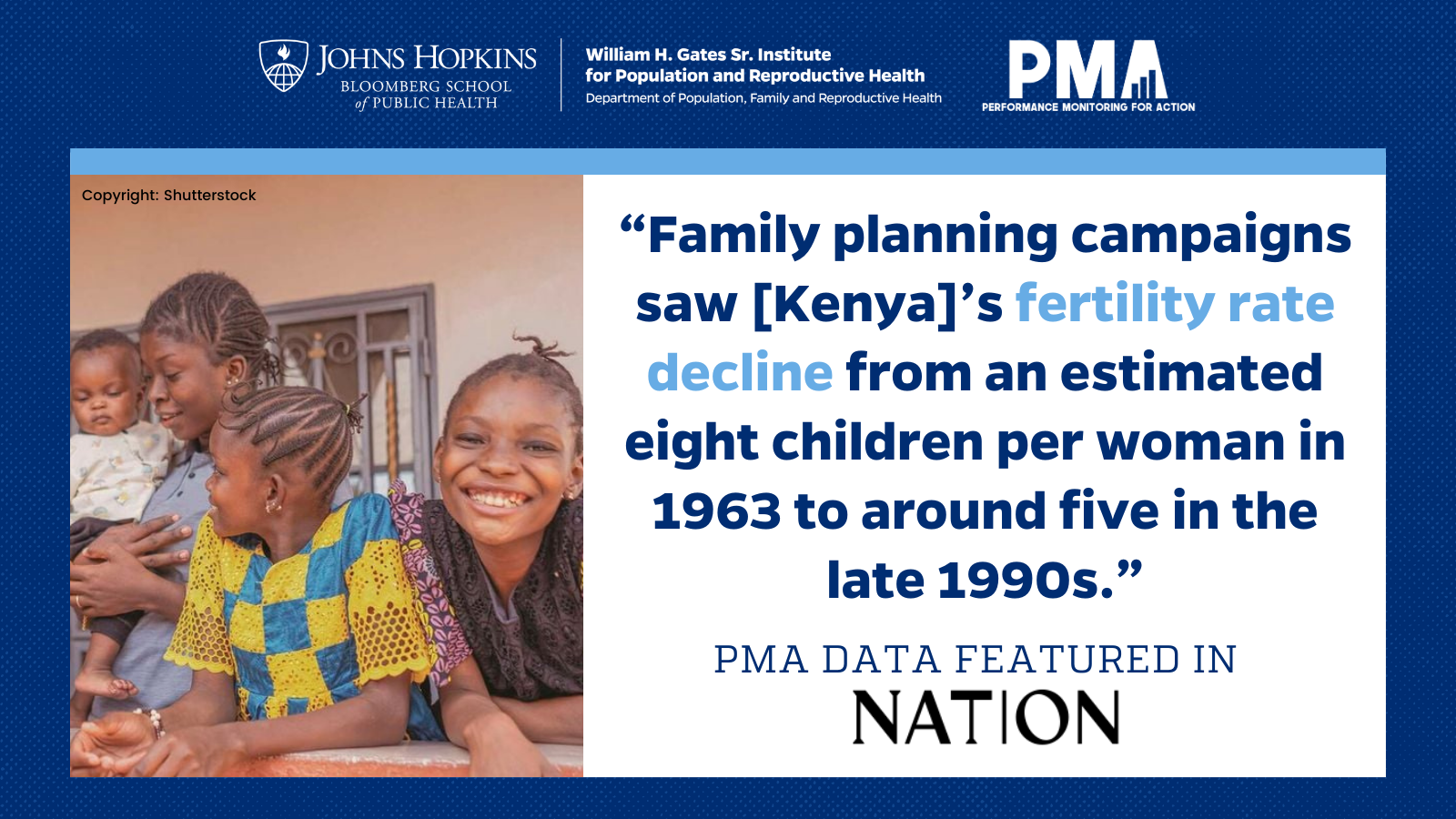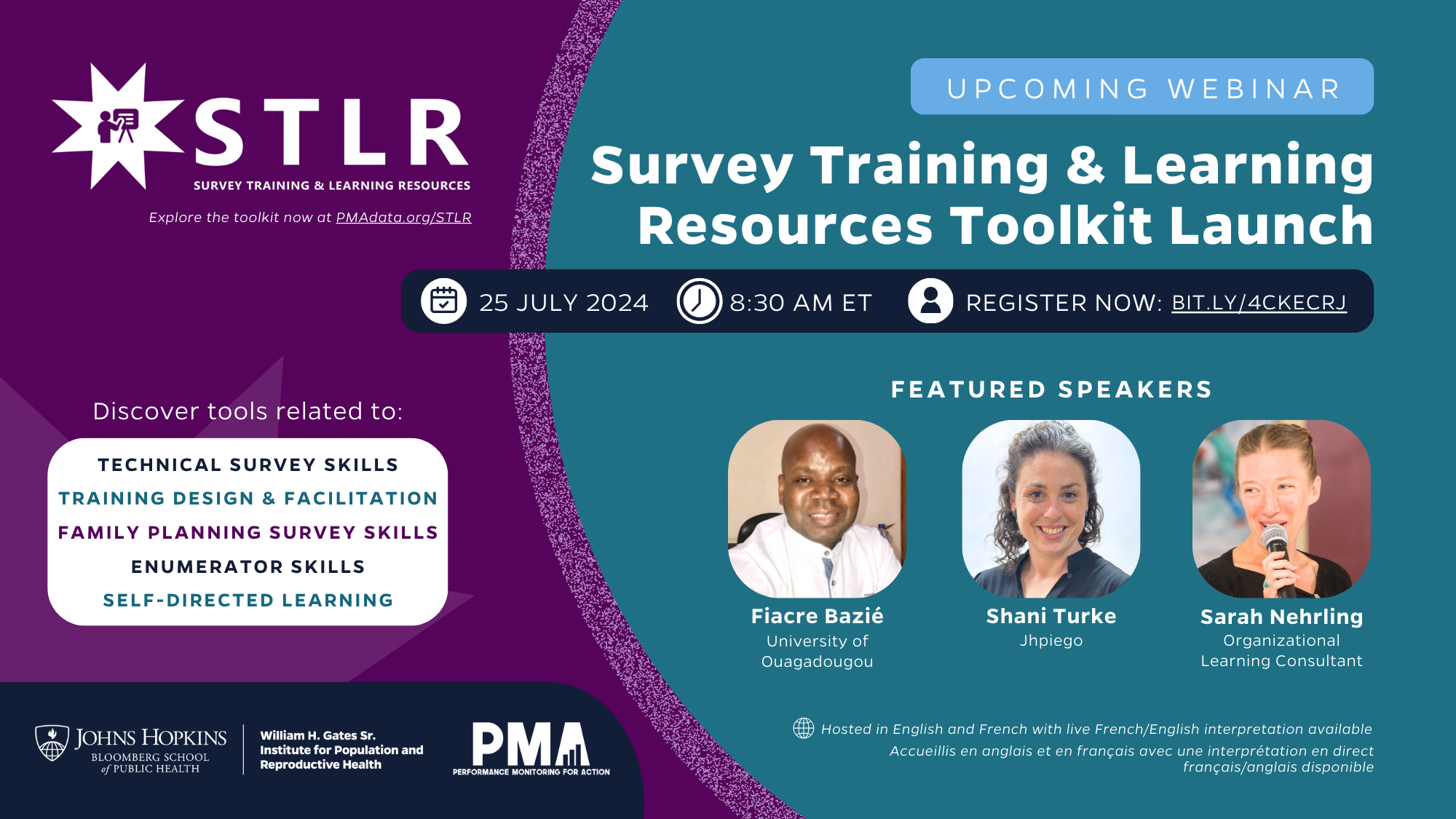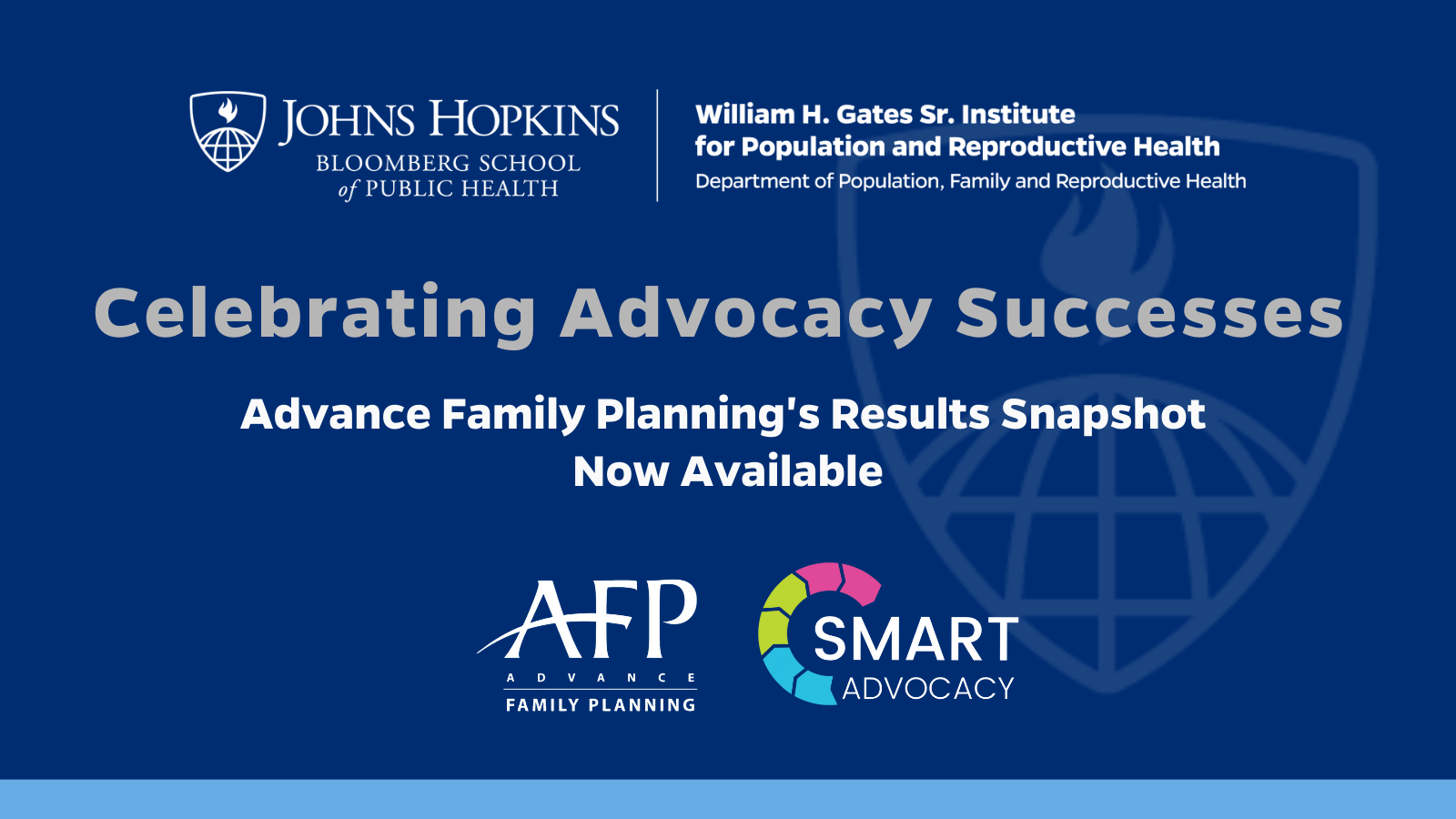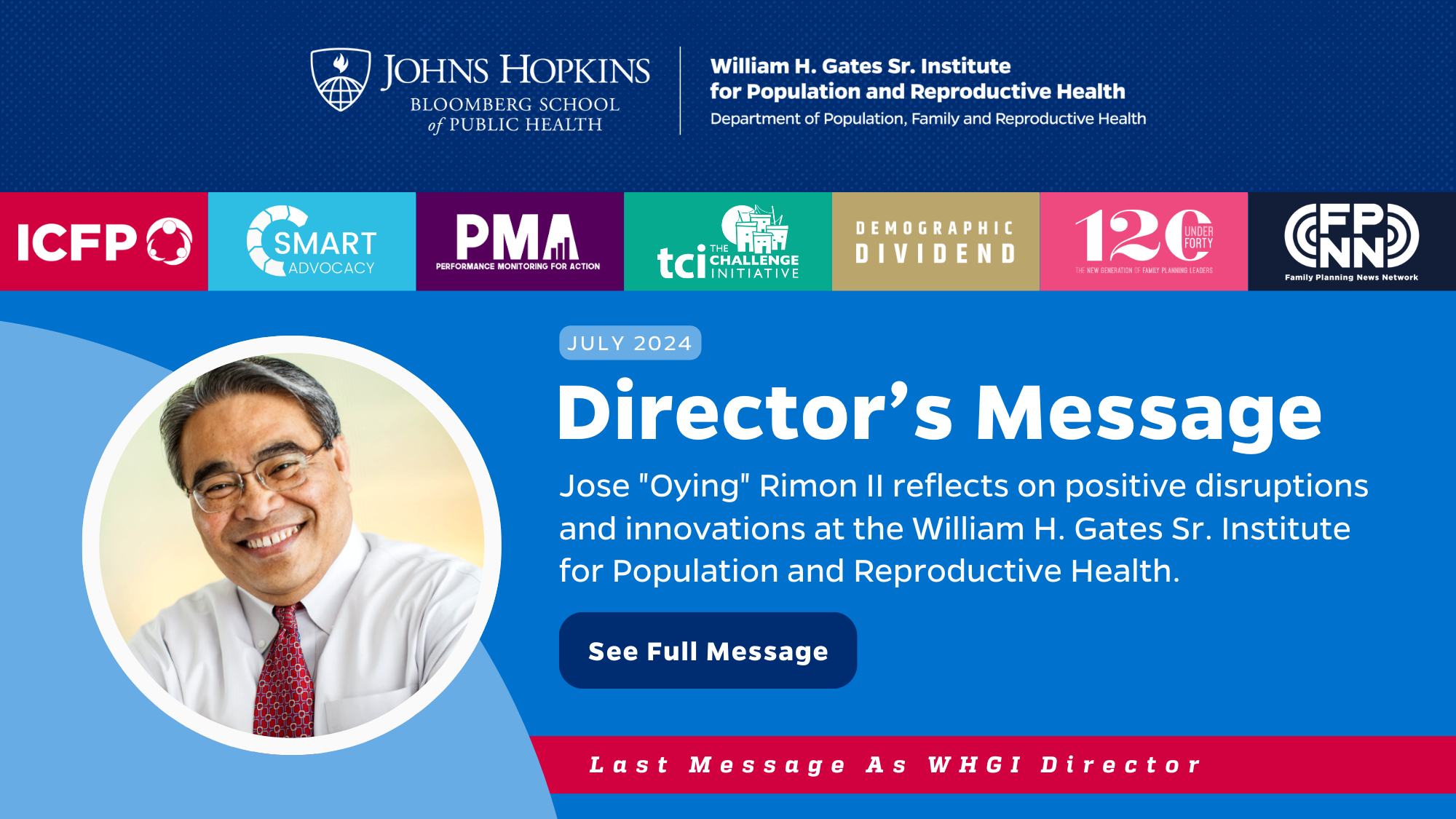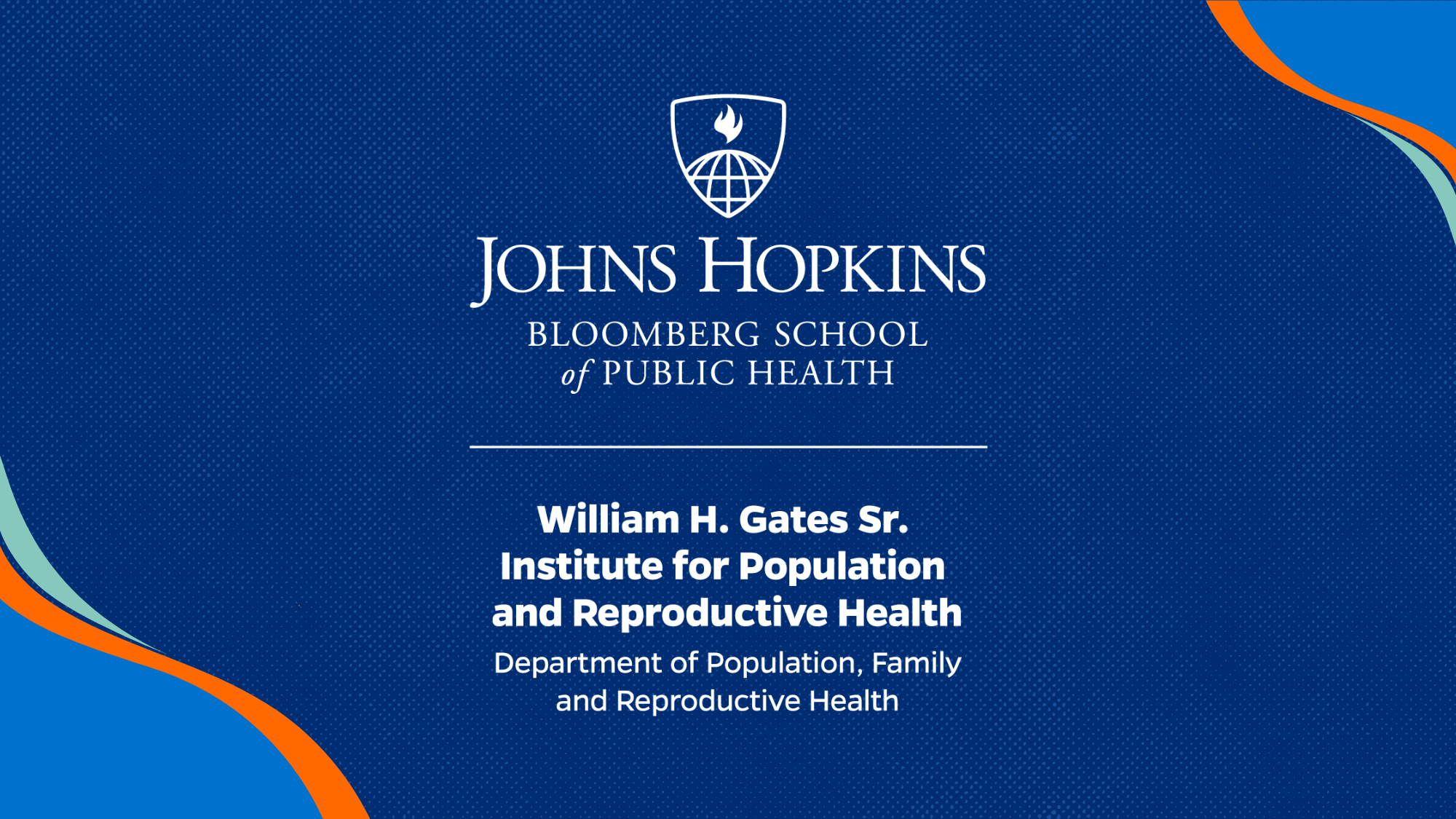For instance, in Kampala, Uganda, the popular ride-hailing motorcycle app SafeBoda was enlisted to deliver contraceptives, HIV tests and pregnancy tests. In India, there was an immediate push to communicate directly with family planning patients through social media and phone calls. In East Africa, family planning was deemed an essential service alongside the pandemic response, and local health officials distributed oral contraceptives, emergency contraception and condoms, often utilizing local pharmacies as a central distribution point. The combination of declaring family planning an essential service and utilizing existing essential business infrastructure proved to be a key factor to steady rates of contraceptive use and access.
Read the full commentary at BaltimoreSun.com.

